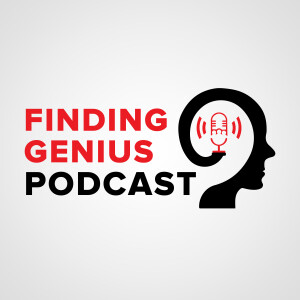
Promiscuous Molecules: Jeanne Drisko Explains the Vitamin C for Cancer Connection
 2021-05-06
2021-05-06
What happens when a classically trained medical doctor develops chronic fatigue? When Jeanne Drisko struggled with her health, she discovered integrative medicine and nutrition. Now she’s running a clinic at the University of Kansas with Dr. Kay Chin utilizing translational medicine to unlock better care for cancer patients.
Listen and learn
- What’s the difference between the effects of oral and intravenous vitamin C,
- How intravenous vitamin C works as a treatment of pancreatic cancer and blood cancer among others,
- Why it also shows promise in studies with the Covid-19 virus, and
- How intravenous vitamin C has worked in tandem with chemotherapy.
Jeanne Drisko is professor emeritus at the University of Kansas Medical Center. She tells her story of discovering intravenous vitamin C therapy to meet her own health struggles. She was impressed by its effect and, after working with internationally-renowned experts in nutritional medicine like Dr. Hugh Riordan, she started her own program in integrative medicine at the university. She knew she wanted intravenous vitamin C to part of that, and she’s spent years researching its effects on fighting viruses and cancers.
Unlike oral vitamin C, the intravenous introduction becomes a drug in the vein at very high levels. It'll go from the vein into what scientists call the extracellular space. At this point, she says, it becomes something called a pro-oxidant, or the opposite of an antioxidant, and forms hydrogen peroxide, a “promiscuous molecule.” When it’s in the extracellular space, hydrogen peroxide can kill viruses, bacteria, and other abnormal cells like cancer.
She explains how this works alongside other treatments like chemotherapy and chelation therapy, and why it shows such promise. Listen in for more about this exciting research.
Episode also available on Apple Podcasts: apple.co/30PvU9C
More Episodes
Create your
podcast in
minutes
- Full-featured podcast site
- Unlimited storage and bandwidth
- Comprehensive podcast stats
- Distribute to Apple Podcasts, Spotify, and more
- Make money with your podcast
It is Free
- Privacy Policy
- Cookie Policy
- Terms of Use
- Consent Preferences
- Copyright © 2015-2024 Podbean.com






